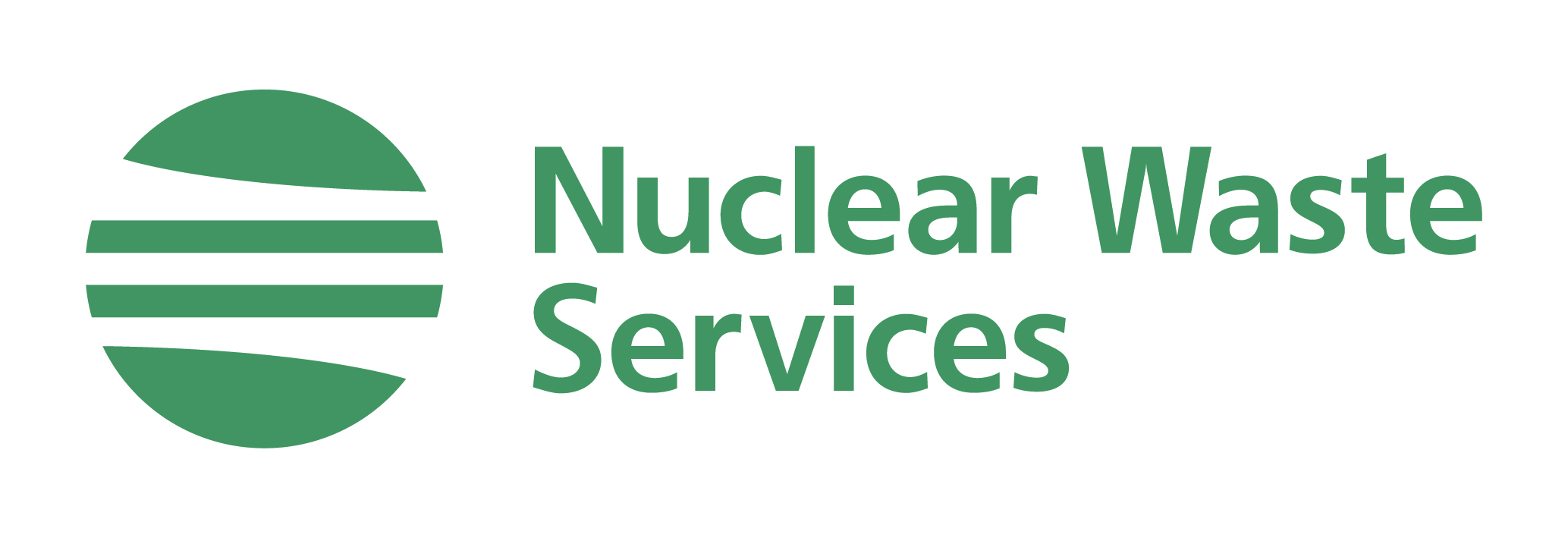Advanced Manufacturing Community of Practice
Nuclear Waste Services (NWS) is undertaking the biggest clean-up project in Europe as they work to provide permanent answers to the UK’s radioactive waste. Academic research will provide insights that underpin the implementation of a UK Geological Disposal Facility (GDF). The Nuclear Waste Services Research Support Office (RSO) is working to develop academic collaborations and build long-term research partnerships focused on all aspects of geological disposal. This national partnership programme fosters a multi-disciplinary approach to radioactive waste management, and our academic insights will underpin the GDF programme and support the development of the next generation of researchers in this area. To support these endeavours, we are seeking to create a Community of Practice(s) (CoP) with academic and industrial stakeholders.
The first RSO CoP will be focused on our advanced manufacturing research discipline. This CoP will advise on and develop appropriate research projects with Nuclear Waste Services, and with other funders, which will provide a safer future to manage radioactive waste effectively through underpinning the delivery of a Geological Disposal Facility. The advanced manufacturing research areas that are of immediate interest to the Nuclear Waste Services RSO include the key themes of: architecture and intelligent infrastructures autonomous and remote technologies; asset management and security, and waste container performance.
Discover more on the technical areas of interest.
Why should I do this, what’s in it for me or my organisation?
This volunteering (in-kind) activity offers the following benefits:
- Build your network, knowledge and positively influence change in the UK’s nuclear decommissioning and waste management programme as part of one of the UK’s biggest infrastructural projects to ensure the safety and integrity of radioactive waste over the next 150 plus years
- Help shape research area prioritisation and deliver significant programmes of research to support the GDF development
- Inform and potentially bid for research projects that could support researchers hosted within your organisation and provide a future talent pipeline of skills.
- CPD activities that translates your specialist engineering skills to the next generation of students and engineers to tackle a national infrastructure need.
- Awareness of the latest Nuclear Waste Services activities and developments, undertake consultation peer reviews and potentially co-publish work
It is expected that one full day of effort will be required per year, which will consist of two hour meetings each quarter. Each meeting session will have a specific theme, allowing individuals to effectively plan their diaries in advance to minimise any disturbances to their normal working practices.
Group membership and application process
We are expecting the CoP membership to include people from academia, Research and Technology Organisations (RTOs), industry stakeholders or supply chain, and regulators. The CoP will revolve around key themes of: architecture and intelligent infrastructures, autonomous technologies, asset management and security, and waste container performance. As such, we are hoping to gather together individuals with experience in one or more of these themes, and expertise in one or more relevant areas such as manufacturing, robotics and automation, digital processing, civil engineering, structural integrity, and materials.
Initially we are looking to gather a group of around 14 people, with a mixture of backgrounds and expertise across the key themes.
There is a short application form to complete. Please submit this, along with a brief CV (no more than two pages) to rso-gdf@manchester.ac.uk by 17th October 2022.



